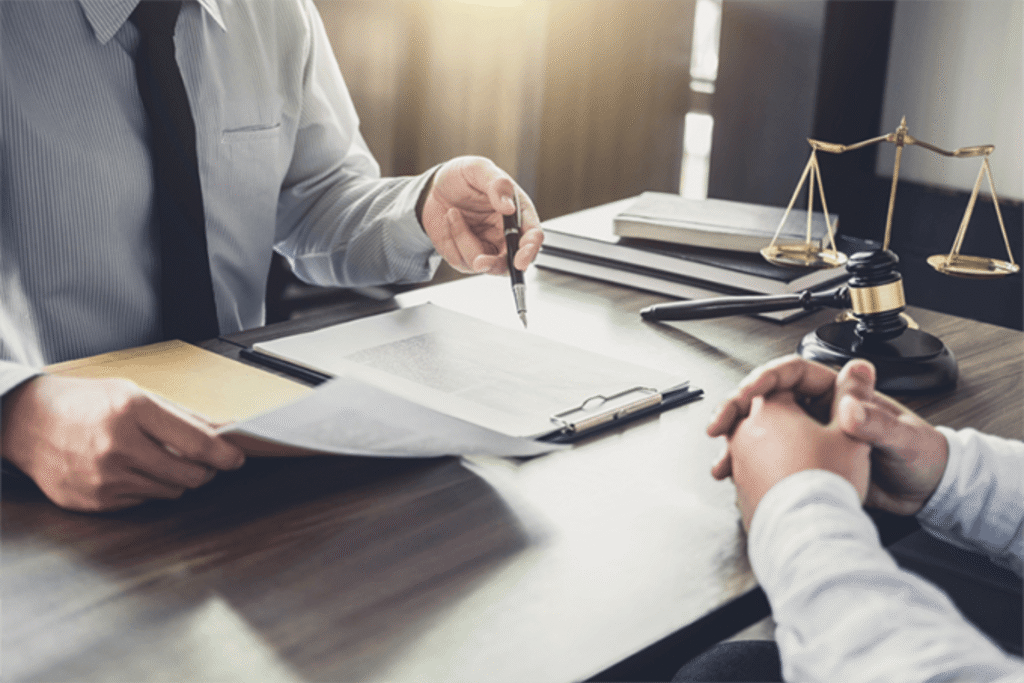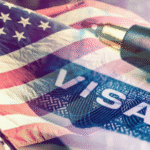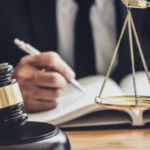There’s something fascinating about the way truth unfolds in a courtroom. Lawyers bring their arguments, juries weigh their impressions, judges guide the proceedings—but sometimes the whole case hinges on a single voice. Not the lawyer’s, not the defendant’s, but that of an outsider: the expert witness.
In today’s legal system, these individuals aren’t just helpful—they’re essential. They bridge the gap between complicated technical fields and the layperson’s understanding, translating dense topics into language a jury can digest. Without them, a lot of cases would feel like walking blindfolded through a maze of jargon and guesswork.
Why We Lean on Experts
Courtrooms deal with everything from financial fraud to medical malpractice to patent disputes. Each case has layers of complexity that an average juror simply can’t be expected to grasp on their own. Imagine sitting on a jury for a case involving software encryption or neurological disorders—you’d need someone to guide you through the terminology and implications. That’s where expert witness services make the difference.
The best experts aren’t just knowledgeable in their fields; they’re also skilled communicators. It’s one thing to know, say, the molecular structure of a chemical compound, and another to explain it to twelve people with no background in science. In fact, many experts spend as much time learning how to present information clearly as they do brushing up on the technical details.
The Human Side of an Expert Witness
Despite the aura of authority, expert witnesses are still human beings who walk into a courtroom with nerves, biases, and stories of their own. Some have decades of experience, testifying in dozens of cases, while others are new to the stand. The challenge is always the same: present facts clearly, withstand tough cross-examinations, and maintain credibility in the eyes of both judge and jury.
I once heard an attorney say that an expert’s testimony is less about dazzling the court with brilliance and more about building trust. The jury doesn’t need to feel impressed; they need to feel confident. That subtle distinction often makes or breaks how persuasive an expert ends up being.
A Look at Specialized Groups
Not every expert works alone. Some are backed by organizations that pool specialists across fields—finance, engineering, medicine, technology—and pair them with cases that need their insights. One name that frequently comes up in legal conversations is litiligroup expert witness, known for providing professionals across multiple disciplines.
The benefit of going through a collective like that is twofold: attorneys gain access to vetted specialists, and the experts themselves receive the backing of an established framework that ensures their testimony aligns with legal expectations. It takes some of the guesswork out of what is already a high-stakes process.
The Nuances of “Hiring” an Expert
If you’ve ever been involved in litigation, you’ll know that choosing the right expert isn’t just a box to tick. It’s strategy. You’re not just adding another voice to the room—you’re weaving their knowledge into the very fabric of your argument. The decision to hire expert witness support can tip the balance between clarity and confusion, between winning and losing.
Of course, it’s not always about who has the most impressive credentials. Sometimes a professor with three decades of teaching experience resonates more with a jury than a Nobel Prize winner who struggles to explain concepts in plain English. Hiring is as much about fit and communication style as it is about expertise.
Beyond the Courtroom Walls
Interestingly, the influence of expert witnesses isn’t limited to the trial itself. Their written reports often shape settlement negotiations before a case even sees the inside of a courtroom. If one side produces a strong, well-reasoned expert report, it can nudge the other side toward compromise rather than risk losing in front of a jury.
And then there’s the subtle ripple effect: strong testimony sets precedents, informs case law, and even nudges industries toward higher standards. A medical malpractice case, for example, might influence how hospitals document procedures in the future. A financial fraud case could tighten auditing regulations. The voice of an expert doesn’t always stop echoing once the gavel drops.
The Quiet Power of Clarity
At the heart of all this is something simple: clarity. Expert witnesses remind us that even the densest subjects can be explained, and that truth often lives in the details. Their presence in a trial isn’t about overshadowing lawyers or swaying emotion—it’s about grounding everything in fact.
That grounding matters. Because when verdicts are handed down, lives are changed. Businesses rise or collapse. Families find closure or carry scars. Having someone there who can cut through the fog with precision and honesty makes the process not only fairer but more humane.
A Final Thought
If you strip away the formality, expert witnesses are storytellers. They tell the story of data, of science, of human behavior—stories that need to be told in order for justice to make sense. Some cases might survive without them, but most wouldn’t thrive.



